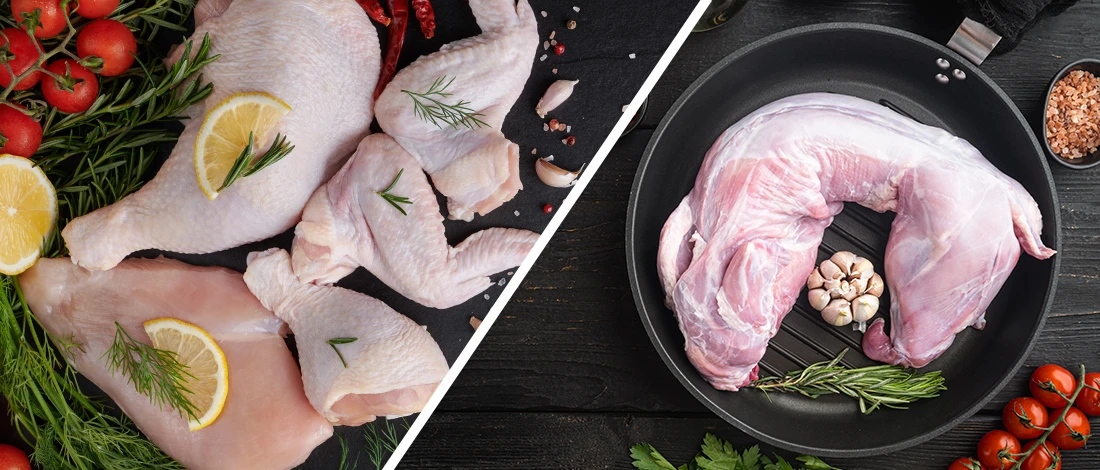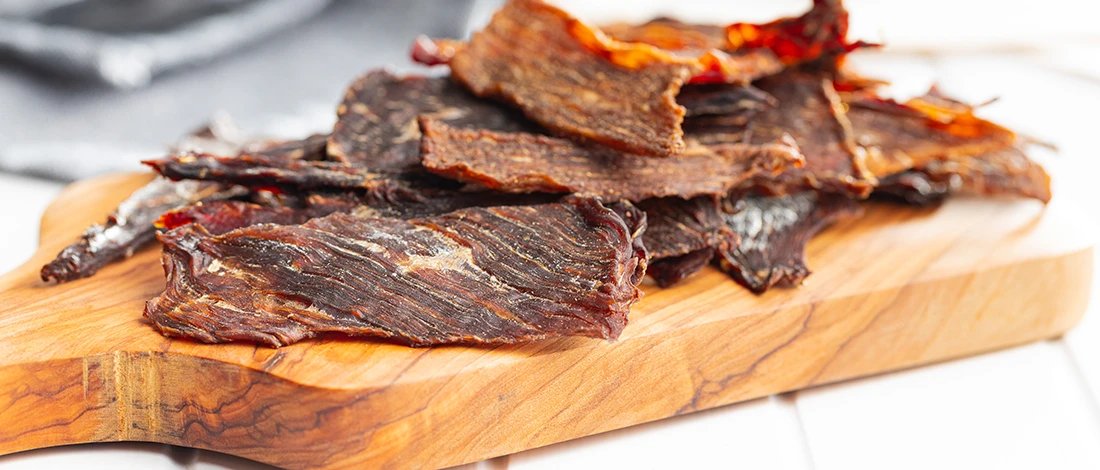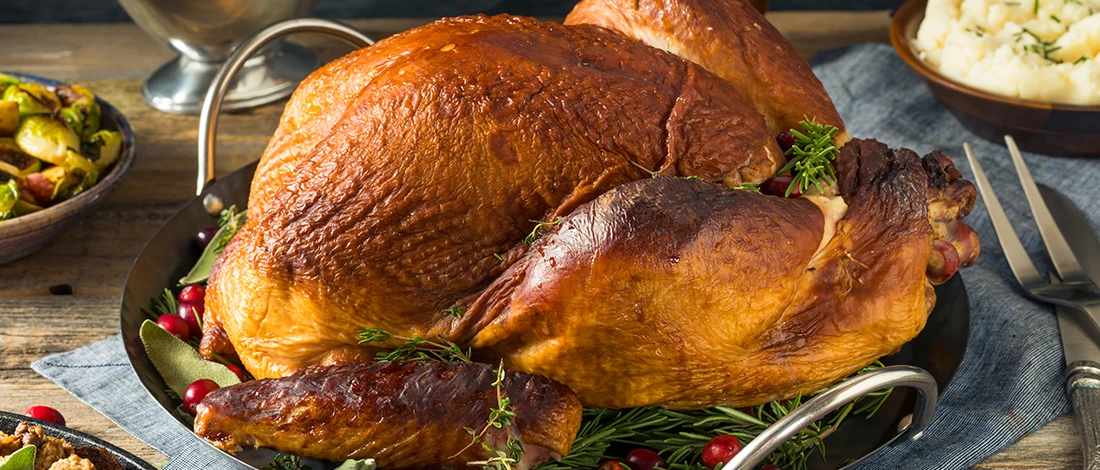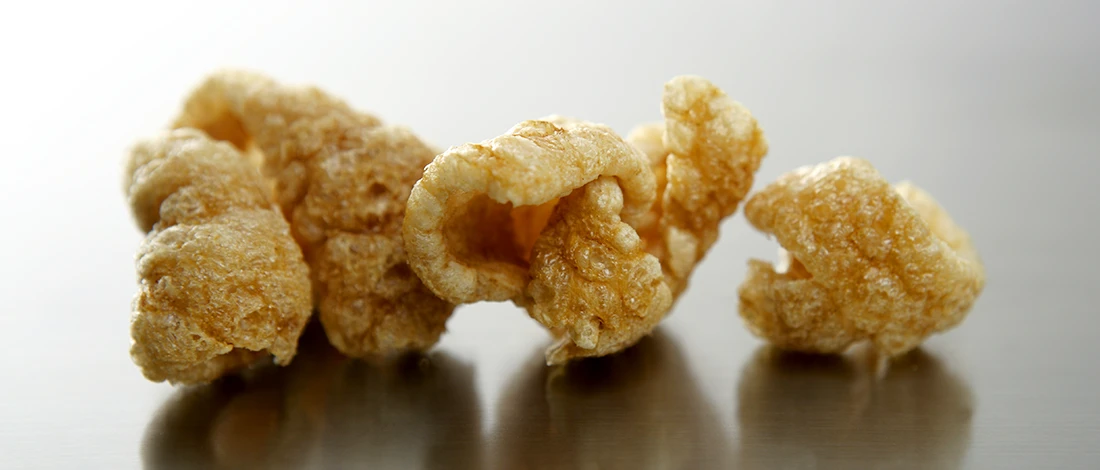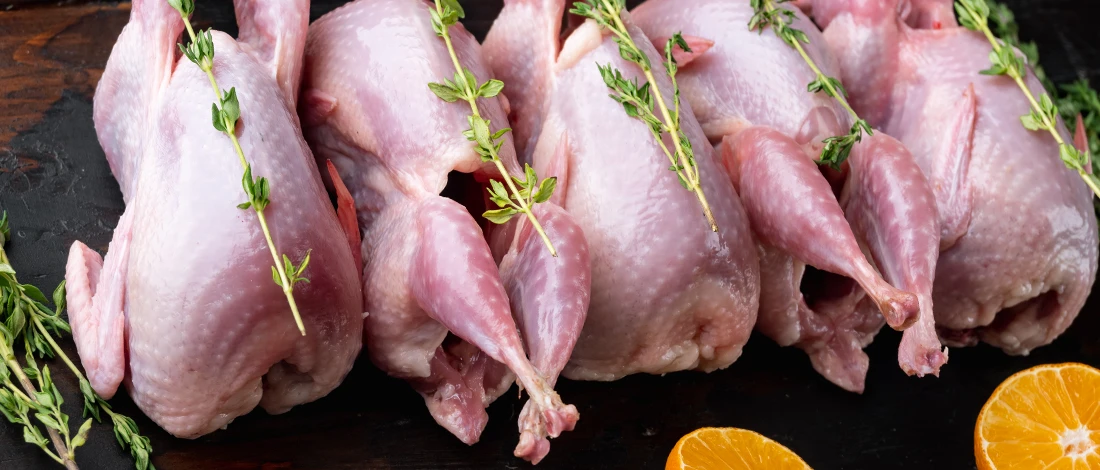I’ve been a meat enthusiast for over five years, and I’ve cooked everything from the beef and chicken found in the local grocery store to game meat that not everyone is familiar with.
At Carnivore Style, we love exploring all kinds of meat, and game meat has recently enjoyed a surge in popularity- rabbit leading the way on my table.
Some may have concerns about the health content of rabbit, but I have researched this food extensively and found rabbit to be excellent meat that is full of nutritional value.
Quick Summary
- Rabbit meat is a lean and tender protein source with very little fat.
- Rabbit contains essential vitamins and minerals such as potassium and phosphorus.
- Cooking methods such as stews or soups help retain moisture in the meat.
6 Nutritional Content of Rabbit Meat
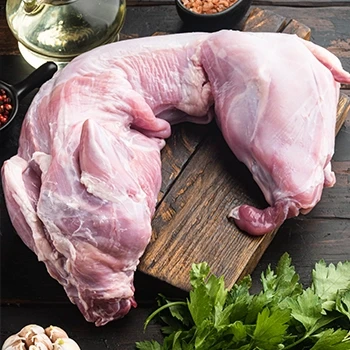
The U.S. Department of Agriculture (USDA) has conducted a nutritional analysis on rabbit meat and found it to be an excellent source of lean protein, which is essential for repairing and building muscles in the body [1].
In fact, rabbit meat contains more protein than chicken but with very little fat and carbohydrates [2]. It also has far less saturated fat compared to pork and dairy foods.
This makes rabbits healthy eating for those watching their calorie intake or trying to eat more lean meats.
Rabbit has the following nutritional information in a single 100 g serving:
- Energy: 114 calories
- Protein: 21.8 g
- Total Fat: 2.32 g
- Saturated Fat: 0.69 g
- Carbohydrate: 0 g
- Cholesterol: 81 mg
Meat rabbits are also a superb source of important vitamins such as B12 and niacin, which support our body's metabolic processes.
Rabbits also have excellent levels of iron, phosphorus, and magnesium compared to chicken.
These minerals are essential for maintaining healthy teeth and strong bones and regulating our body's fluid levels and blood pressure.
Health Benefits of Eating Rabbit Meat

Eating rabbit meat can provide many health benefits. For example, because it is so lean, it can help to lower cholesterol levels in the body.
Rabbit's protein can also help protect against anemia. It is full of iron, a key component in the bone marrow's ability to produce red blood cells.
These ensure your tissues receive enough oxygen, which is critical for your energy levels and growing strong muscle tissue.
It also contains very little sodium compared to other meats, which can benefit people trying to reduce their sodium intake.
Too much salt in the diet is associated with high blood pressure, heart disease, and stroke.
"Rabbit is a meat that's delicious and underutilized."
- Emeril Lagasse, American Chef
The low-fat content makes it an ideal choice for those following a healthy diet. Eating lean, healthy protein without all the extra fat can help keep you feeling full for longer and reduce snacking between meals.
Finally, rabbit meat is low in calories, so it can be an excellent choice for those looking for an alternative protein source without worrying about the added calories.
Related Articles:
Risks and Precautions
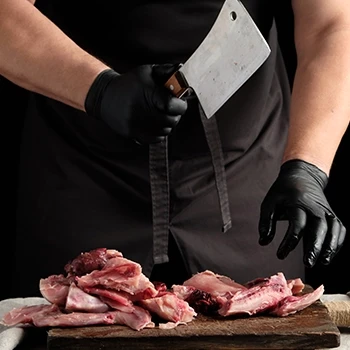
While there are many benefits to eating rabbit meat, there are also risks to consider.
Wild rabbits can carry diseases that can be transmitted to humans, so it is crucial to make sure that any animal meat you consume is from a safe and reputable source.
Farmed rabbit is generally considered safe to eat, but cooking the animal thoroughly to reduce the risk of illness is still essential.
The USDA says that all rabbit needs to be cooked to at least 160 °F and that you should use a meat thermometer to ensure the rabbit is adequately done [3].
It is also important to note that rabbit meat should not be the only food source in your diet.
There is a phenomenon known as "rabbit starvation," which can occur when a person consumes only rabbit meat and no other source of nutrition.
This is because the fat content in rabbit meat is too low to provide all the nutrients your body needs.
Also known as "protein poisoning," this condition results in tiredness, nausea, diarrhea, and eventual death [4].
It is important to ensure that you are also consuming other sources of nutrition so your body gets all the essential nutrients it needs.
Preparation and Cooking Methods
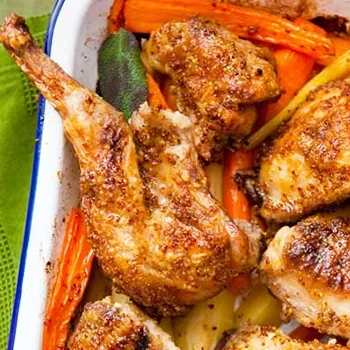
You can prepare rabbit meat in various ways, including roasting and grilling. However, in the U.S., eating rabbits is most often done in stews and soups.
Rabbit pairs well with herbs, carrots, and beans.
In fact, this animal is served around the world, from Haiti to China, and every country in between. And food writers have created many recipes that are easily found online.
Regardless of how to cook rabbit, it is crucial to keep in mind that it is a lean meat that can become tough if overcooked.
That is one of the reasons this meat is so frequently cooked in stews or casseroles, where its moisture will be retained. It is also why bacon or butter are often added for extra flavor and fat.
It is essential to ensure that the meat is cooked to an internal temperature of at least 160 degrees Fahrenheit to kill any bacteria.
How To Get the Best Rabbit Meat
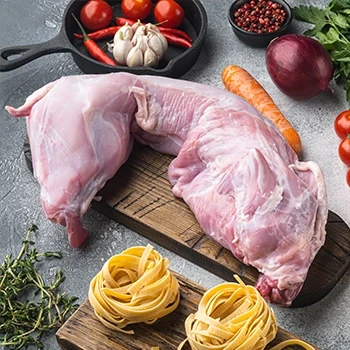
Rabbit meat is eaten in many countries because it is not difficult to raise rabbits, and they reproduce quickly.
However, in the U.S., this meat is not found in grocery stores because it is difficult for people to think of rabbits as a good food source.
Even though they are a sustainable meat source that produces twice the meat as cattle for the same amount of feed, rabbits are still not thought of in the same way as pigs, turkeys, cows, and fish.
Also, the taste of rabbits is not familiar to American consumers, and there are fewer recipes available than for other meat dishes.
As such, these nutritious animal products are best sourced when hunted as wild game, purchased directly from a farm that breeds rabbits for consumption, or bought from a specialty provider.
You can also check out our review of meat delivery services with rabbit meat and pick the one with the best offers.
FAQs
Is Rabbit Meat Healthier Than Chicken?
Yes, in many ways, rabbit meat is healthier than chicken. It is lower in fat, cholesterol, and sodium and higher in protein, making it an excellent choice for people trying to maintain healthy nutrition.
Is Rabbit Better for You Than Beef?
Yes, rabbit is better for you than beef. It is a more significant source of protein than beef and is lower in fat and cholesterol. It also has fewer calories than beef, making it an ideal choice for those watching their weight.
When Should You Not Eat Rabbit Meat?
Many people believe you should not eat rabbit meat before the first hard frost of the winter because they think it may have parasites like intestinal worms and flukes. However, the USDA does not specify certain months to eat meat from a rabbit. As long as you cook it to 160 °F, the heat will kill any harmful organisms in the flesh.
At Carnivore Style, we want to help you discover nutritious and delicious meat options beyond the usual cuts. Check out our other guides for more on game meats and their benefits for your carnivore diet.
References:
- https://fdc.nal.usda.gov/fdc-app.html#/food-details/172522/nutrients
- https://fdc.nal.usda.gov/fdc-app.html#/food-details/174347/nutrients
- https://www.fsis.usda.gov/food-safety/safe-food-handling-and-preparation/meat/rabbit-farm-table
- https://optimisingnutrition.com/rabbit-starvation/


